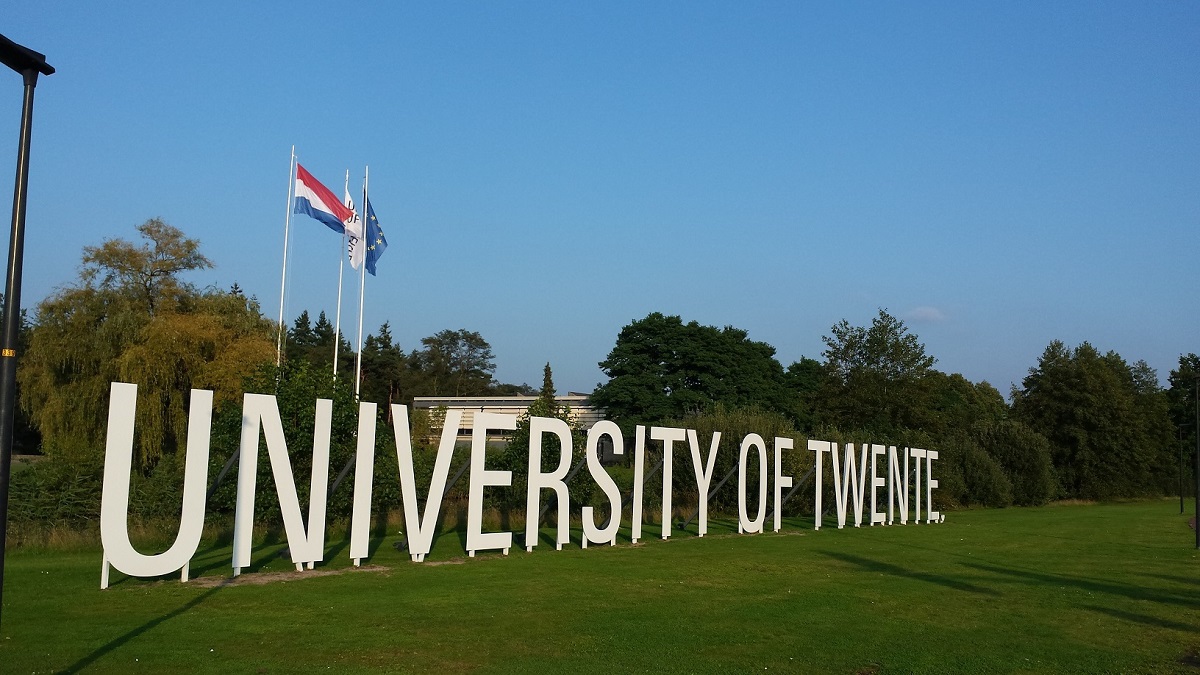In this PhD project, you will investigate how a salt marsh evolves over time and how it interacts with wave and tidal forcing
Sea level rise and the intensification of extreme climate events call for drastic measures for coastal flood protection, especially in densely populated deltas. Current coastal defense strategies, such as seawalls and other hard structures, require substantial additional investment to cope with climate change effects. Coastal salt marshes are vegetated wetlands that can act as sustainable buffer zones attenuating wave and tidal forcing while providing key ecosystem services. Contrary to hard structures, salt marshes can keep up with sea level rise by trapping incoming sediment and growing in height and are thereby climate adaptive. This NWO funded project is part of the NWO VIDI project “Living on the edge” and aims to develop modelling tools for the biogeomorphological feedbacks that determine the extent of a salt marsh in front of a dike and its effectiveness in coastal protection.
In this PhD project, you will investigate how a salt marsh evolves over time and how it interacts with wave and tidal forcing with a combination of field measurements and numerical modelling. Emphasis will be given on the cross-shore width and the edge of the salt marsh, and under which conditions the salt marsh grows seawards or retreats landwards. The resilience of salt marshes with changing climate is a pressing question since the extent of a salt marsh will have a direct impact on coastal flood defense strategies. The focus of this research will be on natural salt marshes as well as on hybrid solutions with human-made structures partially sheltering salt marshes (e.g. brushwood dams). To determine the evolution of a salt marsh, process-based vegetation growth models will be incorporated into hydrodynamic models and small-scale biogeomorphological processes will be scaled up to quantify their impact on wetlands. For the coupling of hydrodynamics (tides and waves), sediment transport and vegetation growth you will extend a biogeomorphological model in Delft3D Flexible Mesh developed in our group and specifically focus on edge erosion and the impact of human-made structures. Validation data will be obtained from field measurements in selected locations in The Netherlands with contrasting characteristics. The measurements will include wave height measurements with pressure sensors, detailed profiles of flow velocity with a high-frequency acoustic Doppler current profiler, and seasonal monitoring of vegetation density. High-resolution mapping of the changes in topography over time will be carried out with a fixed-wing drone with a wing span of 1.5 m and equipped with RTK technology.
The PhD candidate will be based at the Marine and Fluvial Systems (MFS) group at the Department of Civil Engineering of the Faculty of Engineering Technology of the University of Twente (UT). The PhD project will include collaborations with the Royal Netherlands Institute for Sea Research (NIOZ).
YOUR PROFILE
- You are a talented and enthusiastic researcher with research interests that extend from hydrodynamics, sediment transport, and coastal engineering to ecology, vegetation dynamics and biogeomorphological interactions; both from a modelling and an experimental perspective.
- You have typical qualifications include a MSc in Civil Engineering, Geosciences (e.g., Physical Geography or Geophysics), environmental Science or another related field.
- Excellent English writing and speaking skills.
- Given the interdisciplinary nature of the PhD project, we consider important that the candidate is open minded and able to view his/her research from different perspectives combining Engineering and Ecology as well as science and practical applications.
- You should be willing to collaborate closely with different partners and researchers from different disciplines, something that requires excellent communicative skills but also the ability to work independently.
- Candidates who do not possess all the aforementioned skills but are willing to develop them along the PhD trajectory, are also encouraged to apply. Some of the desired skills can be acquired during an individual training program of 840 hours that is part of the PhD project.
OUR OFFER
- A challenging position in an inspiring multidisciplinary and international environment.
- Four year full-time PhD position, with a qualifier in 6-9 months.
- Full status as an employee at the UT, including pension and health care benefits.
- Tailor-made educational program of at least 6 months (30EC), including visits to conferences.
- A starting salary of €2.443 gross per month in the first year and a salary of €3.122 in the fourth year gross per month.
- A holiday allowance of 8% of the gross annual salary and a year-end bonus of 8.3%.
- You have to be willing to move to (the vicinity of) Enschede. A relocation allowance or temporary housing allowance may be part of the offer.
- Minimum of 29 holidays per year in case of fulltime employment.
INFORMATION AND APPLICATION
Please upload your application before April 30, 2022 via the ‘Apply now’ button. Your application should include:
- a cover letter (emphasizing your specific interest, motivation and qualifications).
- a detailed CV.
- an academic transcript of B.Sc. and M.Sc. education with grades obtained and a publication list (if applicable).
- contact details of 2 referees.
The project will start as soon as possible after a suitable candidate is found. An (online) interview will be part of the selection procedure; interviews are planned in May 2022.
For more information about the position, you may contact Dr. Vasileios Kitsikoudis (v.kitsikoudis@utwente.nl , +31 53 489 9910), Dr.ir. Bas Borsje (b.w.borsje@utwente.nl, +31 53 489 1094), or Dr.ir. Denie Augustijn (d.c.m.augustijn@utwente.nl, +31 53 489 4510).APPLY NOW
